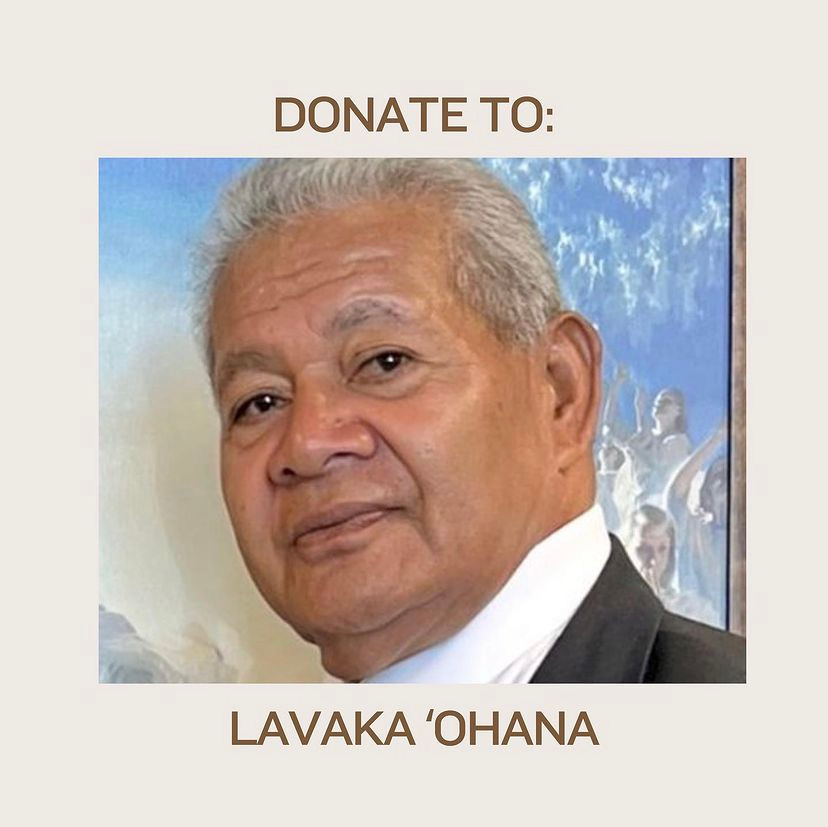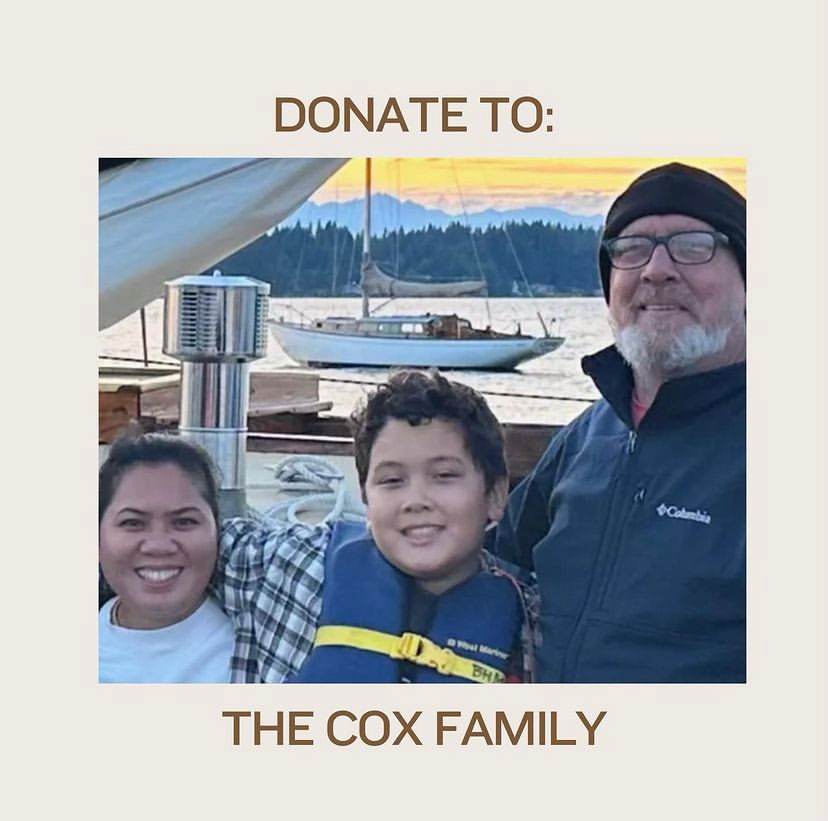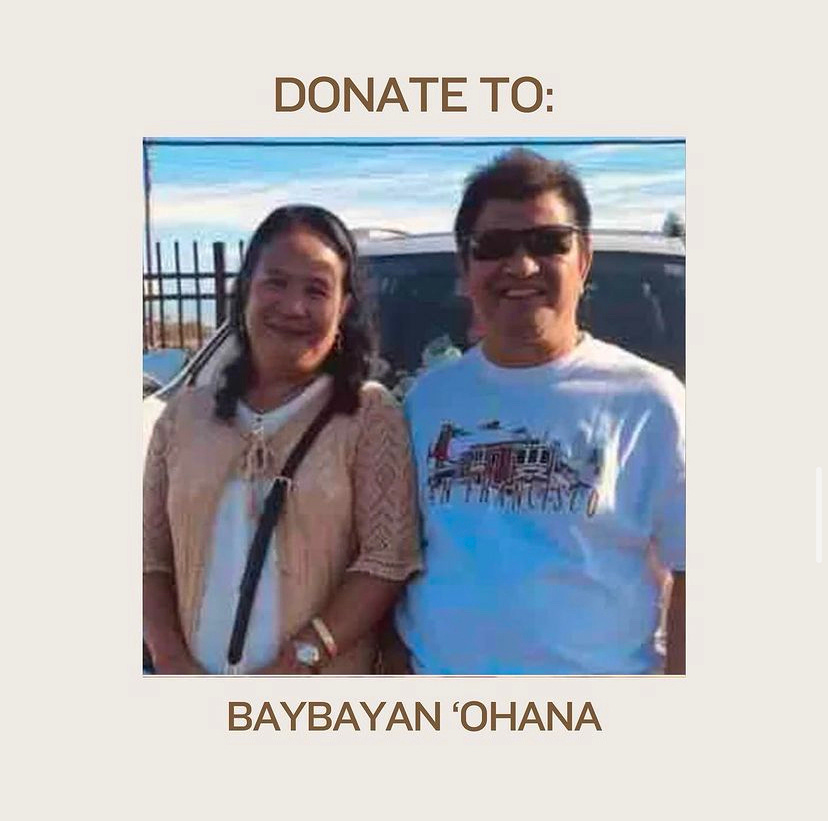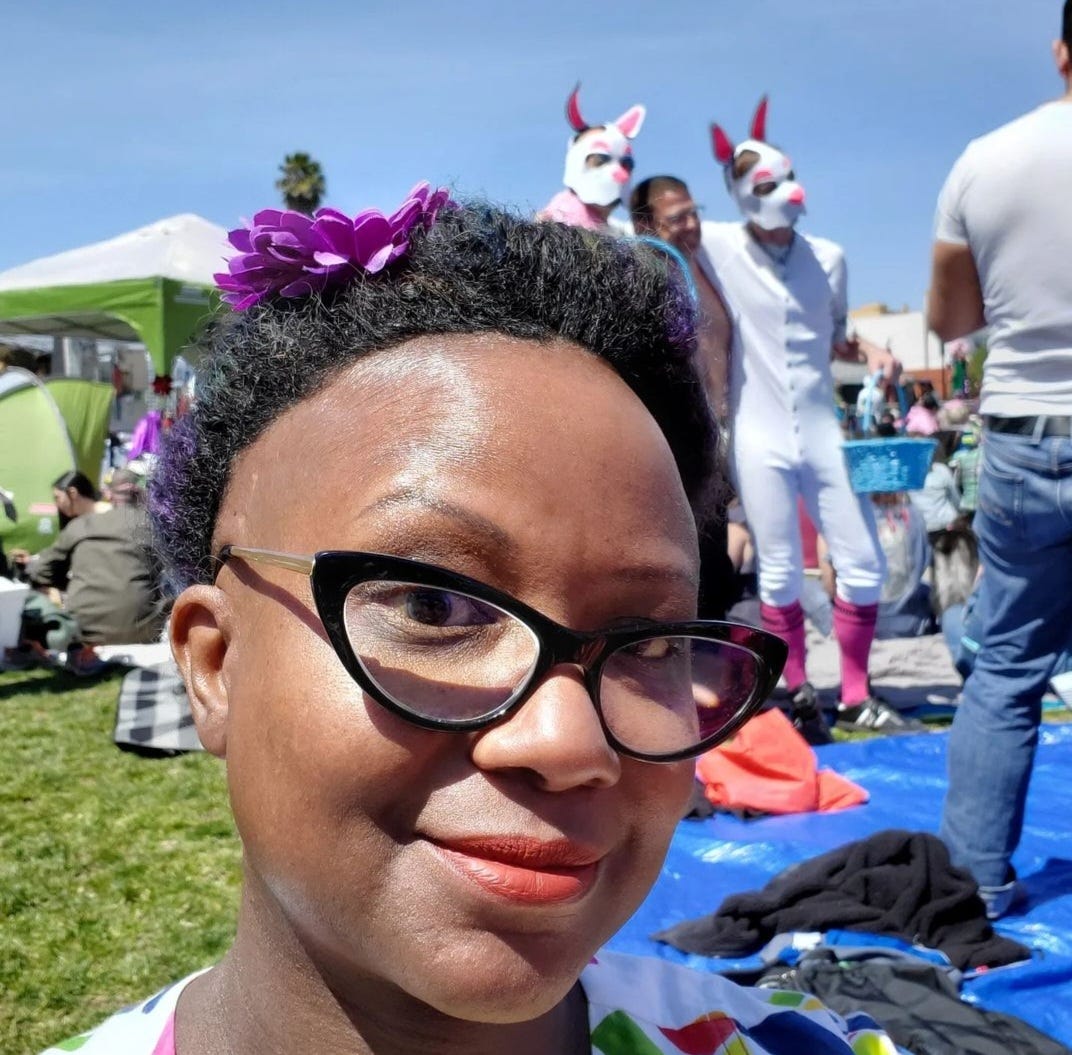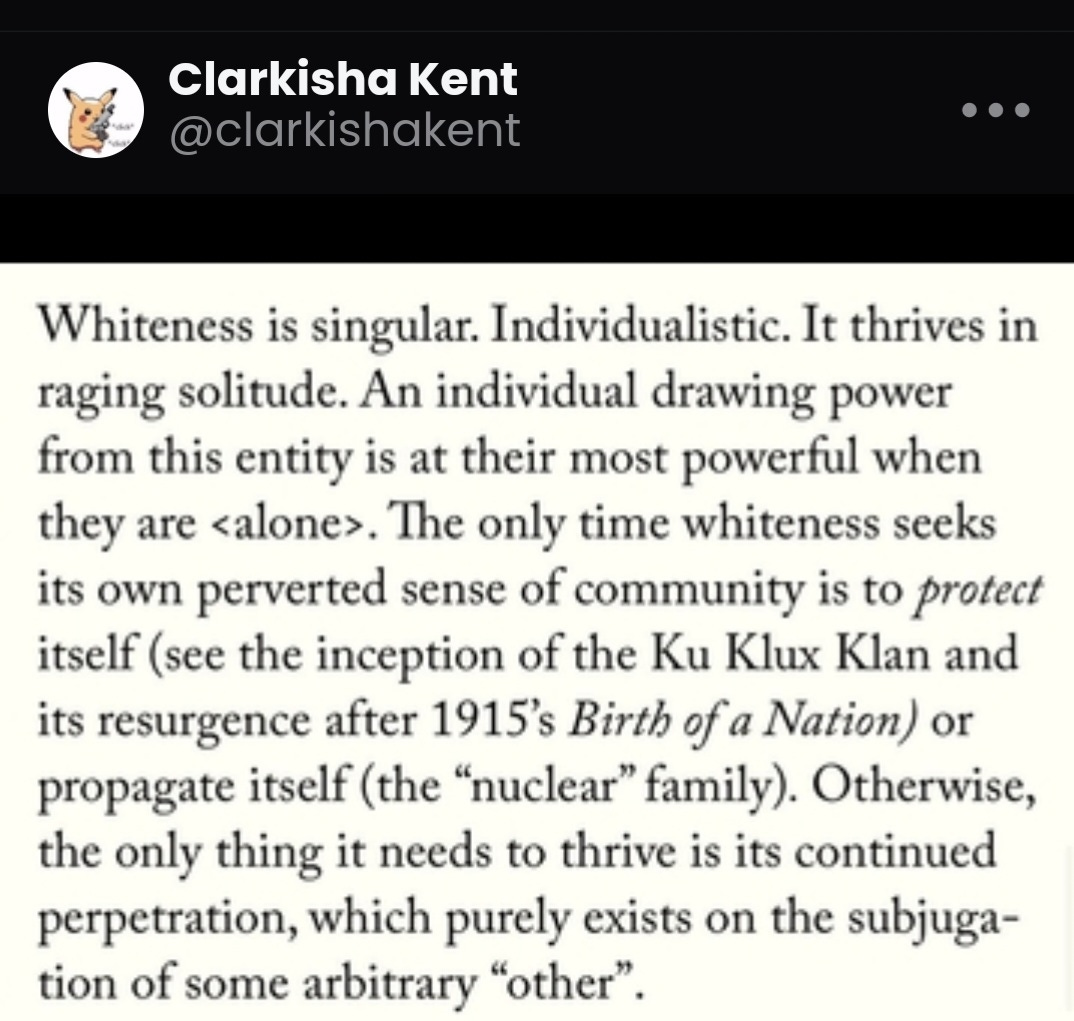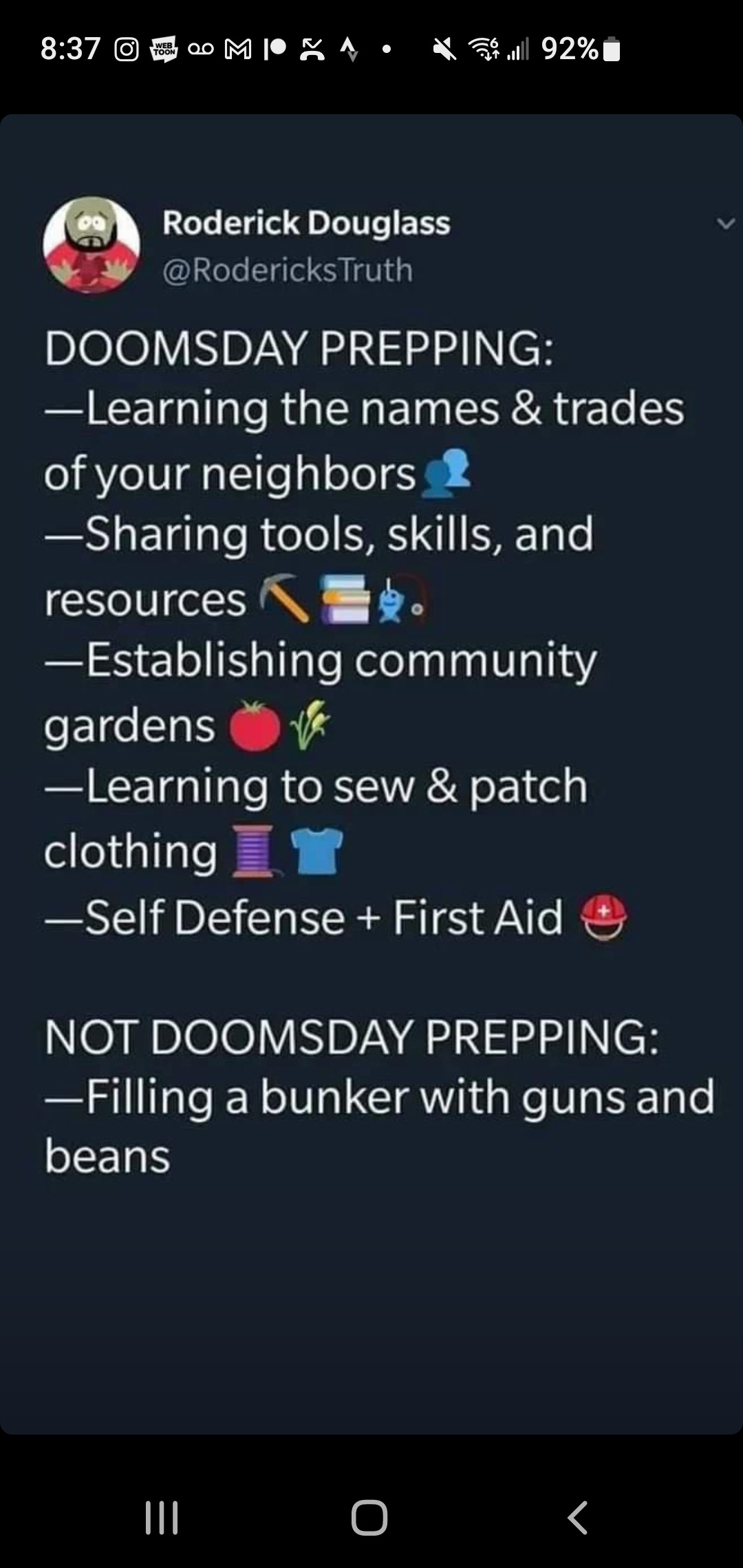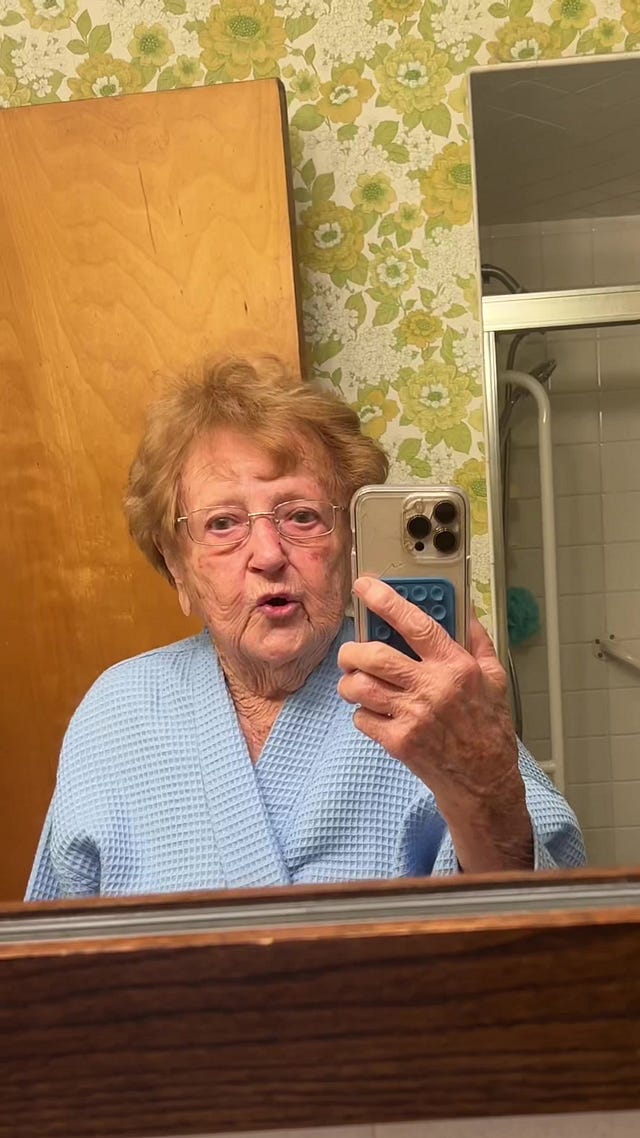Volume 24
Continue supporting Maui families, Part 2 of a two-part interview with death cleaner Courtney King, Courtney's recommendations for continued learning and community connection
ACTION ITEMS
We are committed to continuing to uplift the work of Help Maui Rise and their unwavering support in their community in the aftermath of the August 8th fires. On their instagram they are highlighting lesser funded campaigns, which we will be sharing here today. Click here for the complete spreadsheet sorted by donation amount, or find their one-click donation option here. No amount is too small.
Aloha I’m Mani Lavaka, son of Tevita Lavaka, brother of Fitu Taukeiaho and friend to so many more who have been affected by the wildfires of Lahaina. My dad and our family have been long time Polynesian artists, carving wood masterpieces for so many throughout the world to take a part of Hawaii home with them when visiting the islands. front street Lahaina Maui has been home for us for almost 30 years. Our family and our friends were devestated in the fires. All they have worked for and have is gone, including home, places of business and inventory but we are grateful they have this second chance in life. We pray we will be able to raise funds for them to just get restarted to rebuild home, business and inventory and gather basic necessities in the meantime. Anything helps and we are grateful for your sacrifice to donate and spread the word!
SUPPORT LAVAKA ‘OHANA HERE
Hi my name is Josephine and my family has lost everything in the Maui Lahaina fires. We were able to get out with our car and few clothes we could. I have a 10 year old son with me and my husband Dennis. My husband and I have both lost our jobs as well. Our places of work burned down in the fire. I worked at MauiSunglass at the outlet mall and my husband at Captain Jacks. We are currently at the hotels but only have until Sept 29th until we'll have to find a new place to stay. Any help would be greatly appreciated as we have nothing saved.
SUPPORT THE COX FAMILY HERE
Hi, we are Pedro and Irene. We lost everything in the fires in Lahaina, and we are hoping to raise funds to replace everything that we lost. Any donations will be appreciated. Maraming salamat po!
SUPPORT BABAYAN ‘OHANA HERE
FOOD FOR THOUGHT
This Volume’s Food for Thought is the second in a two-part interview with professional organizer and death cleaner, Courtney King. (To read Part 1, click here.) Courtney and I met as student guides with the Going with Grace end-of-life training course back in 2022. I am so excited to share this conversation we had back at the end of May.
- Resham Mantri
“How many of your neighbors do you know?”
Part 2 of a two-part interview with death cleaner, Courtney King.
Resham:
You said this in one of your blog posts and I wonder if you could elaborate on it. “… objects are often placeholders for postponed actions.”
Courtney
There is a lot of weight placed on the potential in objects. People, including myself, will identify with the potential without actually engaging in the action or using the object. If I have the basket full of yarn and knitting needles it means I'm a knitter. Actually no. Picking up the needles and getting the yarn and knitting makes you a knitter.
You have to actually suck. You have to stub your toe. You gotta cut yourself. There’s this whole idea of, I wanna do this thing, but what if I mess it up? And it's like, no, mess it. You want to mess it up. You want the epic war story. Like, let me tell you about the time I got this scar. Like, let me tell you about the time we got stranded up with no gas. The fuckups are where the story is.
Resham
Why do you think that we in this current moment in time are accumulating a lot more stuff? Why can't we let go of stuff very easily?
Courtney
Honestly, I'm gonna go back to the notion of community and communal items. This idea that you have stuff because it is tied to identity, tied to individualism. The idea of an individual who is self-contained and has everything they need. Like, this idea that you have the books at your home, so why go to the library? I'm guilty and also calling myself out here. There is this sort not wanting to share, not wanting to participate in a communal having of things. Also there is a dopamine hit of getting something that feels good. As far as the deeper, underlying things, there's a book, The Afrominimalist’s Guide to Living with Less by Christine Platt.
In it she talks about “minimalism”, and I'm using quotes around minimalism because it's not a, stripped back to the walls, sort of thing, but more a genuine questioning of the things that you have in your life. Is this something you're holding onto because of the potential or what it says about your identity or, is it a placeholder? She also goes into consumer culture in the United States, specifically. One of the concepts Platt talks about in the book is the idea that full citizenship is something that is denied routinely to large swaths of the population in the United States. It became more and more codified, systemized as the country grew and aged. It's easier to access identity as a consumer. It's easier to be a consumer than it is to be a citizen in this country, a fully recognized citizen.
It's going back to that individualism. There's this hope that if I have all the things that I need, then I won't ever have to depend on anyone else. Which also is ultimately a lie.
In my newsletter that has been going around for four years now, I've been running this section on disaster preparedness. Because I believe having a developed disaster preparedness plan also serves as the beginnings of a death plan.
A lot of disaster preparedness is done through the lens of angry white man, beans and bunkers and bullets style. That individual me against the world.
I talk in depth about all the different things that you can have and develop thinking around them. If you have pets, you might want to consider this. If you have infants, you might want to consider this. And it's not, in order to be self-sufficient so much as to understand your existence clearly, and then be able to support it. In doing this work, you understand how you are capable of helping other people. There is a regular through line, if you've read enough of them, where it's like, how many of your neighbors do you know? How many of them have physical needs? Like, I know the neighbor on the neighbor on the corner is paraplegic. So if we have a really big earthquake first place I'm checking his house.
Second place I'm checking is next door with the four kids. There's an order of people that I'm checking because I know what their needs are. I already know that I've got my house in order, so to speak. So it's like, what support do you need? It’s community. I know myself enough to understand the people around me and how I can be of service to them.
Resham
I've never heard anyone talk about disaster preparedness in this way. I love that you're reimagining it as like an act of community care. I love that you're also talking about how it's the first steps to a death care plan. I can already see so many of similar types of planning. Where are your documents? The part that feels connected to a death care plan is the part where you are preparing for if the disaster wins out in a sense and you don't survive.
Resham
There was a blog post you wrote titled ‘Your Most Precious Thing’.
You spoke about a loved one's inability to let a dying person go at the end of their life or illness. You compared it to what happens with objects that we cannot let go, and how sometimes our loved ones’ bodies, they become our most precious objects. And that kind of blew my mind a little bit. Sometimes that can result in, not respecting all of their end of life wishes.
Courtney
There's the clinging at the end of life where it's like, you know, do whatever it takes, keep them alive at all costs. It’s the same with things, or objects. After a while it's not even about the object, it's just about pride or grief or frustration or some other emotion.
Even if someone is hanging on to their loved one as they die, death happens. I think I described death as a fart. Like it's coming out one way or another. You can't stop it.
So after death, at some point, even if they still are like hanging on emotionally in some way, the body goes away. You bury it, you cremate it, you whatever. The timing on that changes, the timing on that has changed, especially through the pandemic. But the body goes away at some point. And if someone who has been hanging on to this person and then they die, then like hanging onto the body in some way, and then the body goes away. This is the most precious thing, this person, this love, this relationship. The sort of strength it takes to let that go, you got that. You got that. You can let this person go, let that body go, and be okay. It’s also okay to let go of other things.
Courtney
In our society the objects are there in ever increasing volume because the amount of stuff that exists keeps increasing. The infrastructure to support the free exchange of goods, it's not there.
Resham
Is is there a network to get out the word that all this stuff is on the street in x, y, z neighborhood, like people come get it?
Courtney
There's Buy Nothing groups.
I think they're primarily on Facebook. And then there's free cycle. Around here, there is the Buy Nothing groups. Here in Oakland, Homies Empowerment and East Oakland Collective are two that I can think of off the top of my head. I have a running list somewhere. It’s getting in touch with different entities. It is a lot of labor and work to do that and it's begging for infrastructure. Anybody please.
Courtney
Yeah. In the book that I'm writing, I talk about how resources are not evenly distributed. I say resources both in terms of like people's availability to things, but also people's availability to services and different entities. Now in the Bay Area, we have ReCares, that's a medical reuse group that collects medical supplies and redistributes them. Not every locale has those, so a lot of what you're able to do is based on what's available where you live. So in walking people through creating their own guide for resources where they are, I throw out as many ideas as I can think of. If I had to do this in South Dakota, for example, where would I look? Faith communities wind up filling a lot of that space. Faith communities, homeless outreach, community groups like the Lions Club or the Kiwanis, different sororities do this sort of thing. It all varies on where you are and the community that you're in.
Resham
What has been bringing you pleasure or joy lately?
Courtney
My pleasures have been very basic lately. I've been like all about hot baths and tea. I made myself coffee boba this morning. I got the DIY boba kit from Trader Joe's and mixed it into some iced coffee and heated it up and it was just perfect and simple.
Resham
That sounds so good. For me it is currently my bird feeder. A year ago they finally found the bird feeder after a year of it being there, and there's a beautiful cardinal out there right now.
This has been such an amazing conversation. Thank you.
More contributions from Courtney:
OFFERINGS WE LOVE
From our conversation with Courtney King:
Check out Courtney King’s Blog and sign-up.
Read The Afrominimalist’s Guide to Living with Less by Christine Platt.
Join Buy Nothing groups on Facebook
Support Oakland-based re-distribution orgs: Homies Empowerment , East Oakland Collective , ReCares, that's a medical reuse group that collects medical supplies and redistributes them
Try Trader Joe’s Instant Boba Kit
SIMPLE PLEASURES
 Tiktok failed to load.
Tiktok failed to load.Enable 3rd party cookies or use another browser

